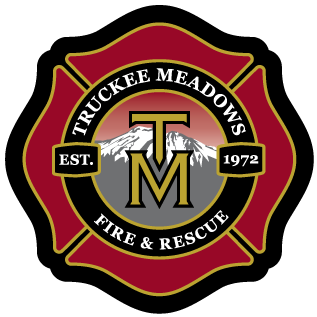Our Mission: “Committed to excellence, service, and the protection of life and property in our community.” |
Contact UsOur Mission: “Committed to excellence, service, and the protection of life and property in our community.”
Our Mission: “Committed to excellence, service, and the protection of life and property in our community.” |
Contact UsIf you think you have frostbite or hypothermia, you should call 911 as they are potentially life threatening medical conditions. Don’t eat or drink anything containing caffeine or alcohol – they worsen the symptoms.
The American Society for the Prevention of Cruelty to Animals (ASPCA) urges area residents to protect pets during cold weather.
